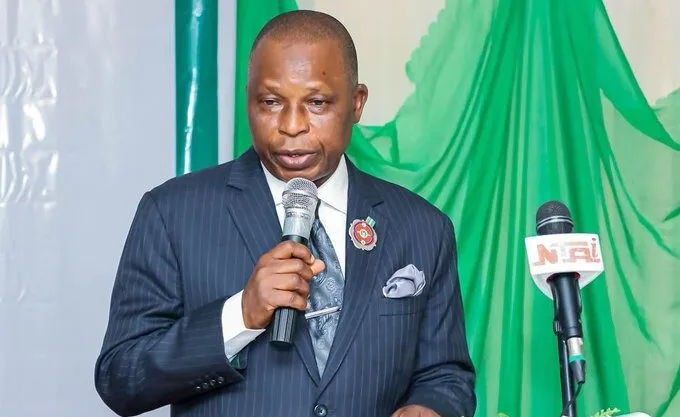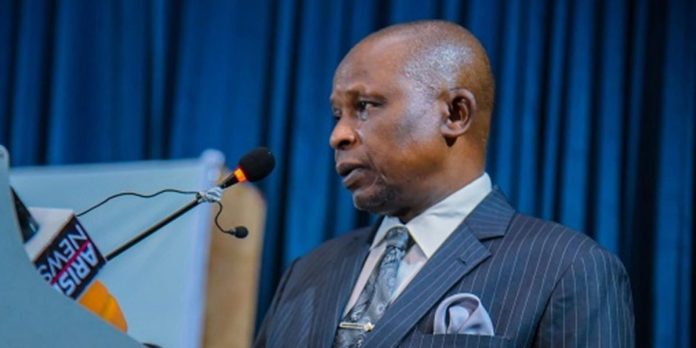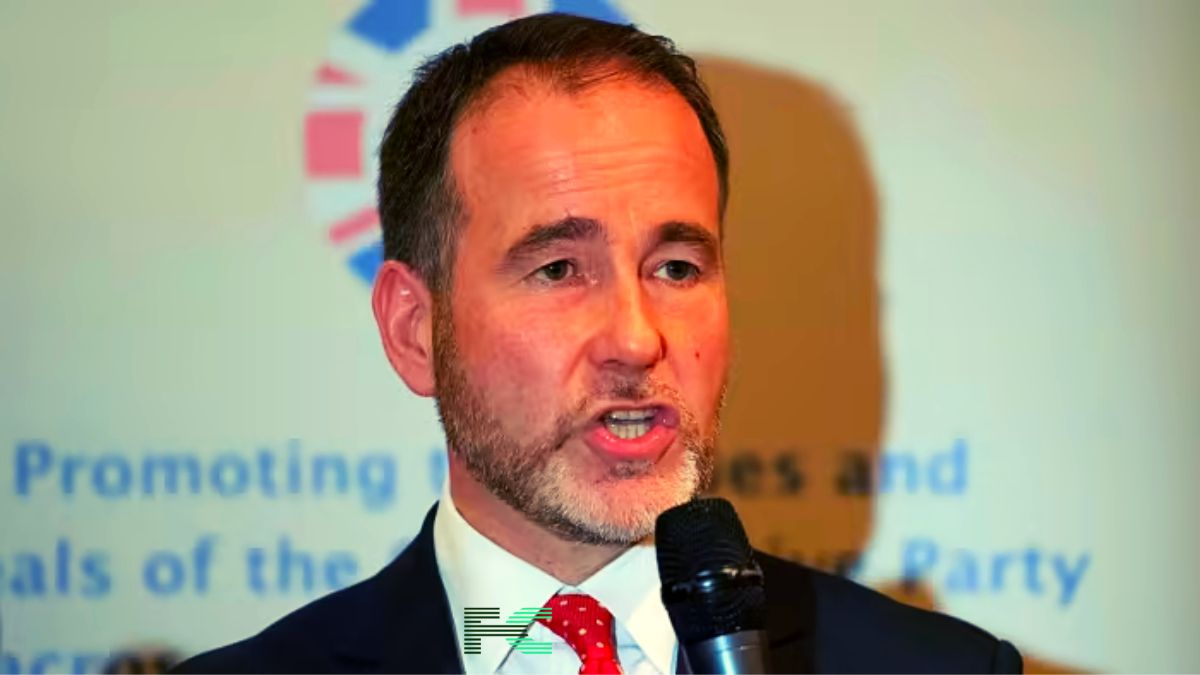The latest statements from the Attorney General of the Federation, Lateef Fagbemi, stirred fresh controversy as he strongly rejected claims that Christians are being specifically targeted in Nigeria. From the outset, his remarks made it clear that the government wants to frame the ongoing violence as indiscriminate, but many observers and local communities remain unconvinced. The tension between official narratives and on-the-ground realities continues to fuel debate across the country.
Government’s Position on Violence
At an event in Erin-Ile, Kwara State, Fagbemi stressed that no religious group is being persecuted, insisting that the recent violent incidents are affecting all communities equally. He highlighted that states with predominantly Muslim populations, such as Zamfara and Sokoto, have suffered repeated attacks, suggesting that insecurity is not directed at Christians alone. However, eyewitness reports and civil society organizations continue to document attacks targeting Christian communities, leaving many to question the official account.

Claims and Counterclaims
While the AGF emphasized that Nigeria is making progress in combating terrorism and banditry, international voices have expressed deep concern. Senator Ted Cruz, a United States lawmaker, recently accused Nigerian authorities of orchestrating a systematic attack on Christians and allowing widespread destruction of churches. These allegations have been echoed by other observers who argue that Fagbemi’s dismissal of Christian-specific violence appears to ignore patterns of attacks in certain regions.
Meanwhile, the U.S. administration, citing an “existential threat” to Christians in Nigeria, reportedly instructed the Pentagon to study potential interventions—a move that underscores global concern over religious violence in the country.
Public Reaction
Many Nigerians see the AGF’s statements as controversial. Some believe that denying targeted attacks on Christians is a deliberate attempt to downplay serious security issues. Social media discussions reveal frustration among citizens who feel the government is more focused on appearances than on acknowledging the suffering of affected communities. Calls for transparency and accountability continue to grow louder, highlighting the gap between official assurances and public perception.
Local Governance and Stability Efforts
At the same event, Fagbemi also praised the newly appointed Elerin of Erin-Ile, framing traditional leadership as a partner in local development. Governor AbdulRahman AbdulRazaq, through his representative, emphasized that traditional institutions play a crucial role in maintaining social cohesion and supporting governance. The new monarch, Oba Jimoh Adesoye, vowed to prioritize youth development, agriculture, food security, healthcare, and local safety, areas directly tied to reducing the impact of insecurity on communities.
Bottom Line
Despite official insistence that there is no targeted violence against Christians, ongoing attacks in various regions continue to raise serious questions. Fagbemi’s message, while intended to reassure citizens, has only intensified scrutiny of the Federal Government’s approach to religious violence. The narrative reflects the broader challenge Nigeria faces: balancing the need to maintain national unity while addressing the real security concerns of its diverse population. For analysts and citizens alike, this episode highlights the tension between political statements and lived reality, showing how contentious the debate over religious violence remains.

















